The Widowhood System – Keeping your Bird’s Motivated by Robert Mihaila
The motivating system of trics
 To keep your widowers going full speed from the beginning of April till the end of July is a period of 16 weeks. To do that successfully you can understand your widowers get bored soon when you follow every week the same schedule. So you have to change your methods regularly to keep them going for the top. Some important guidelines:
To keep your widowers going full speed from the beginning of April till the end of July is a period of 16 weeks. To do that successfully you can understand your widowers get bored soon when you follow every week the same schedule. So you have to change your methods regularly to keep them going for the top. Some important guidelines:
The training is very important: keep them going. A bigger team is best. 40 widowers enjoy the training more than 10. Don’t kill the bad ones! Just don’t race them, but keep them to keep the others going on the training?s!
The feeding too is very important: never hopper feed the good food! One time just a little and the other time a lot to choose from. Above system keeps them on time hungry and going!
Because I like to keep my racing team young, it means you have to teach them the system and each tric is new to them!
Before the first race, the evening before basking I give them a short 5km toss. They get their training and feeding as normal. Direct after the feeding the nestbowls are turned around and I release the hen from the widowhoodhen section. After a short while they enter the loft and they have a get together for a minute. Then the cock’s are put in the basket and tossed at a distance of 5 kms. They hurry home and may approach the hen through the bars of their box. The ones that understand the system enter quickly and the others(feeling the food in their stomach) keep flying around for a while. Those cock’s we better not poole for the money or put them on top of the race sheet for the nominated championship. The second week we can repeat this short toss. And when we feel very sure about them entering quickly and about a quick race at high average speed the next day, we can do the short toss the Friday afternoon. This can be used in the middle of the season as well to awake the team from falling into a “dip”.
Important is that I explain to you what I do after the race. When your widowers race well you should not have the time to let them join the hen right away. I do this first when almost all cock’s are home. When I go to the clubhouse with the clocks I let them out all together free on the loft. This is to give them the idea that they can chase the hen again for eggs. Important is that they get a good chance to make love to the hen; this fact too keeps them sharp because they will be watching each other.
When the 2nd race was fast and all cock’s were home quickly, it is good to let all cock’s and hens out together fly free around the loft. This too keeps them awake and give them the impression they may keep the hen and build a nest.
I remove the hens when I return from the club and when the beer was good that sometimes may take a while. I never have thought or felt it was too bad to leave them together for such a long time.
When they understand what we want from them and what they can expect in return for it, the 3rd, 4th and 5th race we can only turn around the nestbowl without showing the hens.
The 6th race in our combine already is one of almost 400 kms and then you can expect the 1st “dip”, too because of the distance. Therefore you have to motivate them now for the first time. Around 17.00 o’clock you turn around the nestbowls and release the hens from the hen section. They may do what they want and stay free in the loft for about one hour. Then the cock’s are basked and the hens shut up in their boxes.
Another good trick is to let them out the Friday morning for their normal training around the loft. Coming in they find their nestbowl turned around and the hens join them shortly afterwards. They may stay together for an hour. Then the hens are removed and they are fed around 12.00 o’clock. Too you can give them a bath inside the loft. This is a good system to follow when you expect the next day a headwind race and you want them to go in it well fed and quietly.
The 7th race is in our combine a race of 475 kms and that means Thursday evening basking night. That day I’m home around 13.00 o?clock and the widowers go out for an hour. Then they are called in and the nestbowls are turned around. The hens join them a short time later and they stay free in the loft for an hour and a half. After that the hens are removed and the nestbowls turned around again. An hour later when they are quiet again, they get only peanuts and as much as they like. You’ll notice how good they will eat. Around 17.30 o’clock they get some small seeds, so they drink again. An hour later they are put in the basket and I’m off for the club.
The above I repeat on every following day race. I believe when you fly the distance nr. 1 is the quality of the bird that can fly the distance. Up to 400km with only 1 night in the basket it is the fancier with his system the has the biggest influence on the results over the 400 km it is definitely the bird. Important is therefore to have the quality birds and to bring them with the right feeding- and training methods to the race.
A good trick to do later on in the season is following: the Thursday afternoon the widowers go out for a training around 13.00 o’clock followed by their hens half an hour later. This you can understand is a big party for all of them! When all are in again you follow the system as described above under race 7.
Sometimes when I see they are getting into a “dip” I give them the Monday afternoon instead of a training around the loft a 40km training toss without showing the hen. This too sharpens them up again.
I have chosen for the program of races for the Semi-National Championship and that are for the old birds: 475km, 540km, 605km, 685km, 655km in the autumn followed by their last race over 475km(sitting on a week old youngster). The youngbirds fly 330km and 540km all together 7 races with an interval of 2 weeks. After race 7 I have no races shorter than 400 km. That means also that I have from time to time a free weekend to spend with my family doing other things than just pigeons. However the free Saturday morning early I give them a toss of 60km, to keep them sharp, and they may stay a short while together which leaves the rest of the day free for doing one time other things.
Taking care of the hens
Is very important!!! Understand they do not go in a race and do not spend any energy. When you are too nice for them, they will start being nice for each other and start laying eggs. When this happens you are in big trouble. The hen should only pay attention to the cock and when he doesn?t get that he will not surprise you with good results. So don’t be sweet for your hens and treat them hard! Do not have too much room for them; let them fight for a resting place. Sometimes after a race shut only the cock’s up in the nestbox and let the hens go free around the loft. Take care that they start hating each other! Another good weapon is hunger! On raceday they get like the cock only a bit of small seeds. Separated in their own section they get a picking stone, that’s it. The next day they get 1/2 grit, 1/2 barley. Monday, Tuesday only barley. Wednesday 1/2 barley, 1/2 youngbird mixture, Thursday breeding mixture. Only once a day and in quantity and quality going up towards the end of the week. If you have time and room you can let them out for a training around the loft so they spend energy. But in order not to disturb the cock’s I don’t let them out during the week.
If you liked this article and would like to learn more about the widowhood system and other racing and training systems then click here.
The Widowhood System – Keeping your Bird’s Motivated by Robert Mihaila

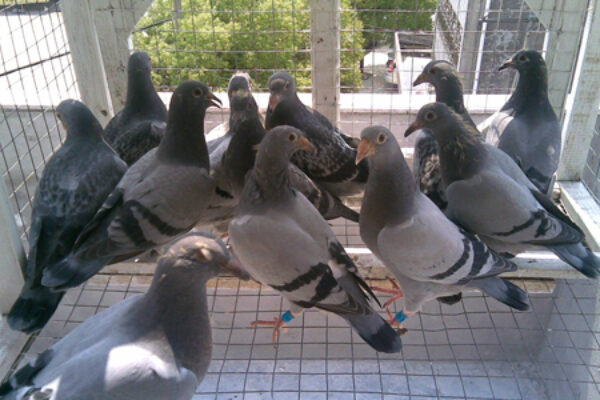


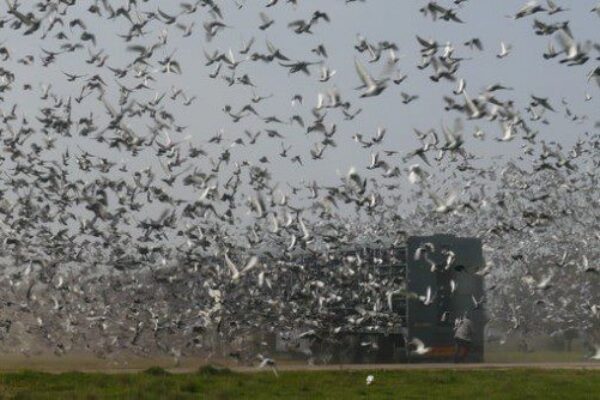
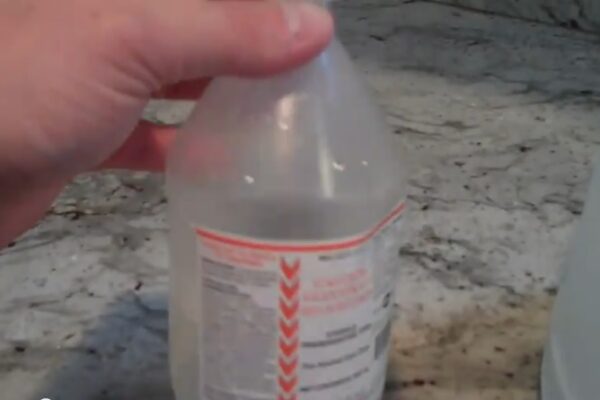
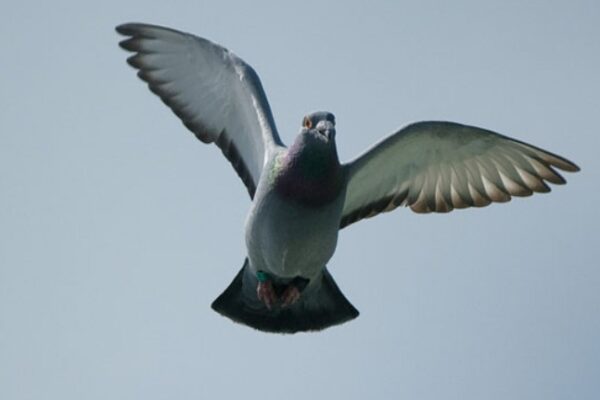
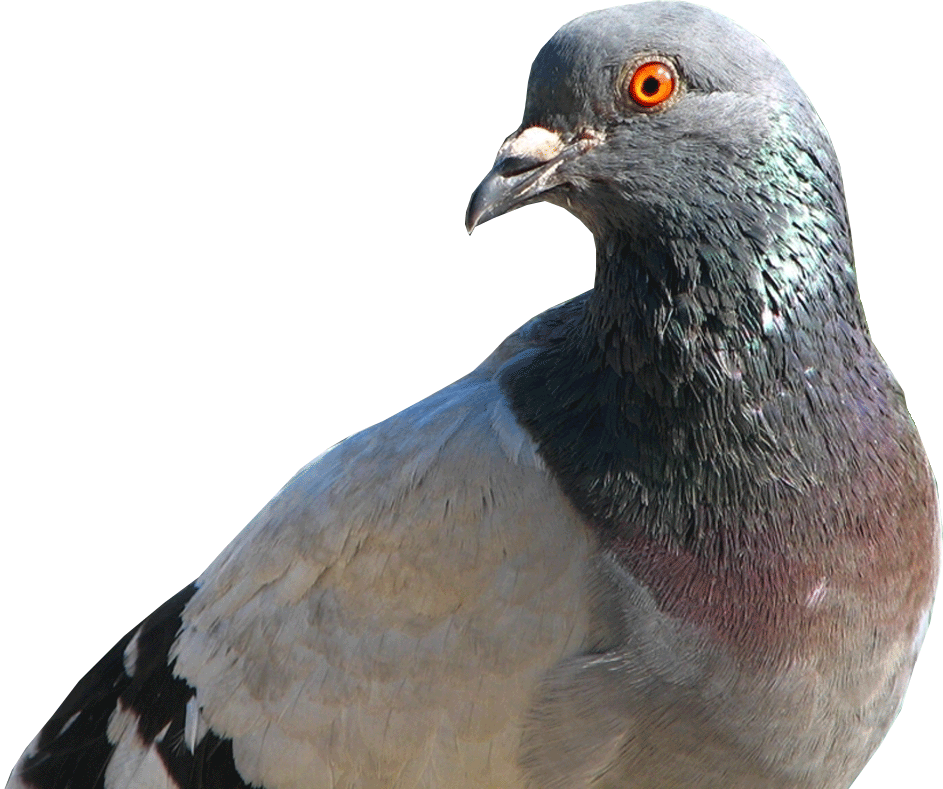
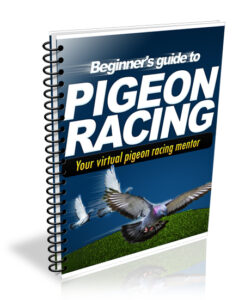
how do i get my pigeons to fly widowhood
Ek geniet elke stukkie inligting.Ek is nog n beginner en is nou 2 jaar in die duiwe sport.Ek besef elke dag dat ek te min weet daarom wardeer ek elke stukkie inligting. Duiwe groete Stoney
A very good article…One question..Why do 40 widowers train better then 10 ?.